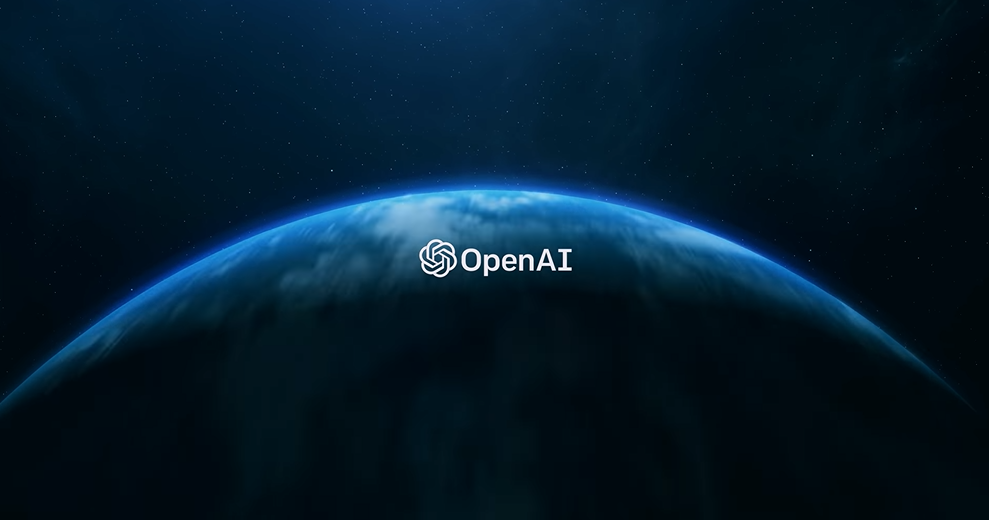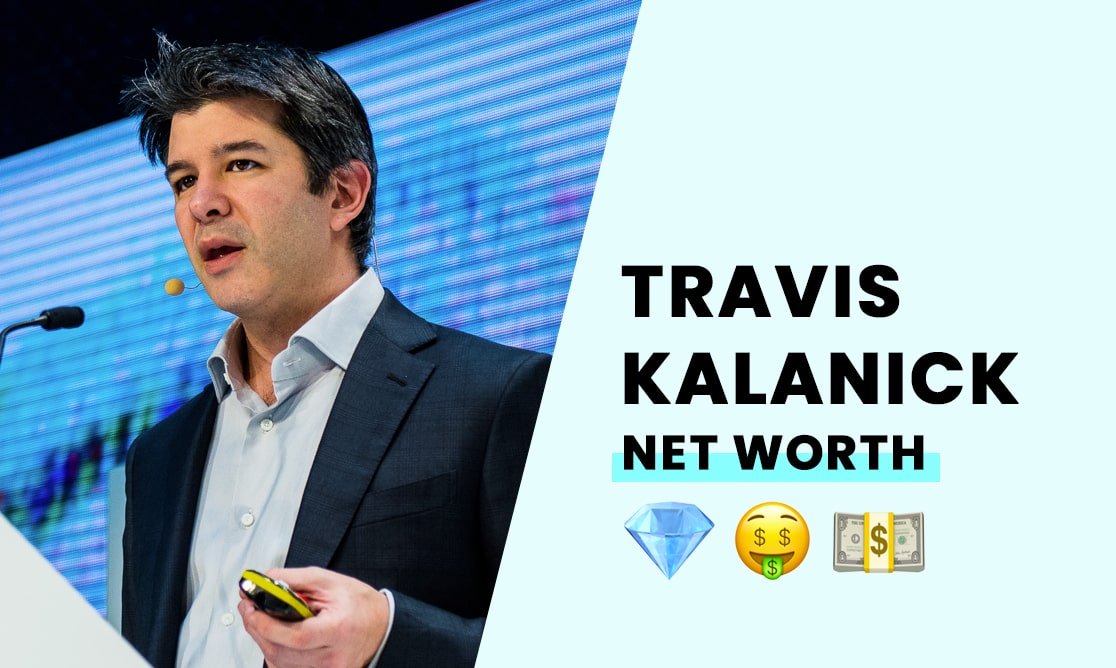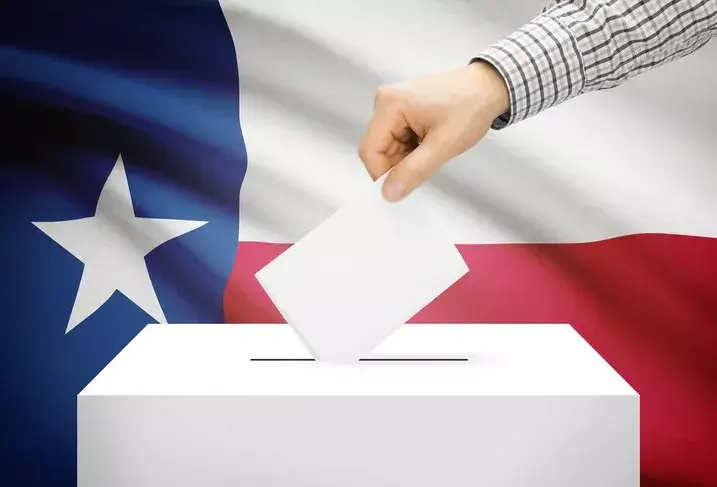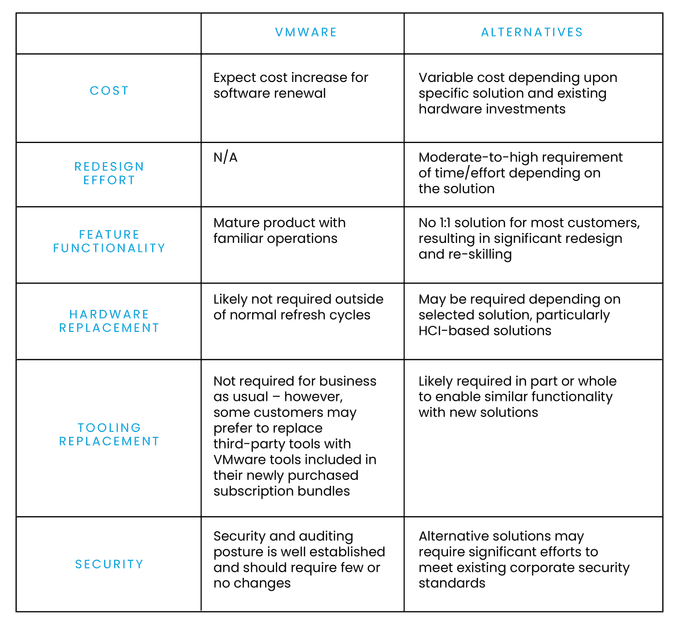OpenAI And ChatGPT: Facing An FTC Investigation

Table of Contents
The FTC's Concerns Regarding ChatGPT and Data Privacy
The FTC's investigation into OpenAI centers heavily on ChatGPT's data handling practices and their potential violation of consumer protection laws. The concerns fall into two primary areas: data collection and algorithmic bias.
Data Collection Practices
ChatGPT's functionality relies on collecting substantial user data to refine its responses and improve its capabilities. This data collection raises serious privacy concerns.
- What data is collected? ChatGPT collects user input data (the prompts and conversations), potentially including sensitive personal information. Depending on the user's settings and connected accounts, it might also access browsing history or other connected data.
- Potential Risks: The extensive data collection by ChatGPT raises the risk of data misuse, unauthorized access, and security breaches. Malicious actors could exploit this data for identity theft, phishing scams, or other fraudulent activities.
- Regulatory Compliance: OpenAI's data practices must comply with various privacy regulations, including the California Consumer Privacy Act (CCPA) and the European Union's General Data Protection Regulation (GDPR). The FTC's investigation will likely scrutinize whether OpenAI adheres to these regulations and ensures appropriate data minimization and security measures.
Algorithmic Bias and Fair Use
Another key concern for the FTC is the potential for algorithmic bias in ChatGPT's responses.
- Bias in AI: AI models are trained on vast datasets, which may reflect existing societal biases. This can lead to ChatGPT generating responses that perpetuate harmful stereotypes or discriminatory viewpoints.
- Impact on User Groups: Algorithmic bias can disproportionately affect certain demographic groups, potentially leading to unfair or discriminatory outcomes.
- Legal Ramifications: Disseminating biased information through an AI chatbot can have significant legal ramifications, potentially leading to lawsuits for defamation, discrimination, or other legal violations.
- Fair Use and Copyright: The generation of AI-created content also raises questions of "fair use" and potential copyright infringement. The FTC's investigation may examine whether ChatGPT's outputs infringe on existing copyrights.
Potential Legal Ramifications for OpenAI
The FTC's investigation could lead to several serious consequences for OpenAI.
Financial Penalties
If found in violation of data protection laws or consumer protection statutes, OpenAI could face substantial financial penalties and fines. The amount of these fines could depend on the severity of the violations and the extent of the harm caused to consumers.
Changes to Business Practices
The investigation might compel OpenAI to significantly alter its business practices. This could involve changes to its data collection methods, improved data security measures, modifications to its algorithms to mitigate bias, and enhanced transparency regarding its data handling procedures. This could lead to significant changes in the development and deployment of future AI models.
Reputational Damage
The FTC investigation itself has already caused reputational damage to OpenAI. Negative media coverage and public perception of the company's data practices could impact investor confidence and future partnerships.
The Broader Implications for the AI Industry
The OpenAI investigation carries significant implications for the entire AI industry.
Increased Regulatory Scrutiny
The investigation is likely to accelerate the push for increased government regulation of AI technologies. Expect to see more stringent data privacy laws and ethical guidelines for AI development and deployment globally.
Impact on AI Development
Regulatory pressures could significantly impact the direction of AI development. It might slow innovation in certain areas but simultaneously foster more responsible and ethical AI practices. Increased scrutiny could incentivize the development of more robust methods to detect and mitigate bias.
Consumer Awareness and Trust
The investigation could increase public awareness of the potential risks and benefits of AI technology. It might also influence public trust in AI-powered services, encouraging consumers to be more discerning in their use of such tools.
Conclusion
The FTC investigation of OpenAI and ChatGPT underscores the urgent need for robust regulations and ethical guidelines in the rapidly evolving field of artificial intelligence. The outcome of this investigation will profoundly impact OpenAI's future, the broader AI industry, and how we approach data privacy and algorithmic fairness. The investigation highlights the critical need for responsible AI development and deployment.
Call to Action: Stay informed about the evolving legal landscape surrounding AI and its impact on data privacy. Follow this blog for updates on the OpenAI and ChatGPT FTC investigation and learn how to protect your data when using AI-powered tools. Learn more about OpenAI and ChatGPT data privacy concerns.

Featured Posts
-
 Barbara Mensch Recounting The Brooklyn Bridges History
May 18, 2025
Barbara Mensch Recounting The Brooklyn Bridges History
May 18, 2025 -
 Travis Kalanick Reflects On Ubers Specific Decision A Regretable Choice
May 18, 2025
Travis Kalanick Reflects On Ubers Specific Decision A Regretable Choice
May 18, 2025 -
 Voter Guide Southeast Texas Municipal Elections May 2025
May 18, 2025
Voter Guide Southeast Texas Municipal Elections May 2025
May 18, 2025 -
 Cassie And Alex Fines Mob Land Premiere A Look At Their Red Carpet Debut
May 18, 2025
Cassie And Alex Fines Mob Land Premiere A Look At Their Red Carpet Debut
May 18, 2025 -
 Broadcoms V Mware Acquisition At And T Faces A 1 050 Price Increase
May 18, 2025
Broadcoms V Mware Acquisition At And T Faces A 1 050 Price Increase
May 18, 2025
